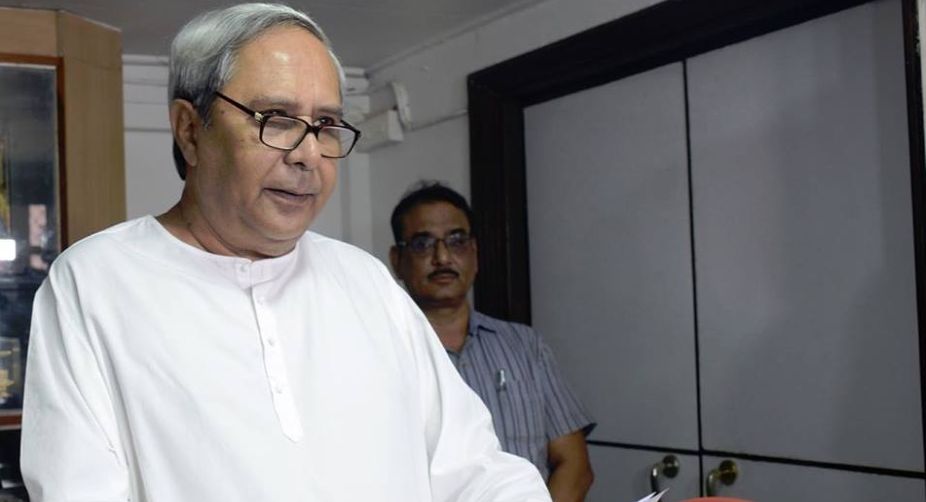Odisha’s nod to amend Universities Act, Industrial Policy Resolution
The Odisha Cabinet, chaired by Chief Minister Mohan Majhi, on Saturday approved the proposal for the amendment of the Odisha Universities Act, 1989.

Odisha Chief Minister Naveen Patnaik (Photo: Faceb
The Odisha cabinet on Wednesday approved the new ‘Nabakrushna Choudhury Secha Unnayan Yojana’ scheme for strengthening the state’s irrigation system with an outlay of Rs 635 crore.
The cabinet headed by Chief Minister Naveen Patnaik named the irrigation scheme after former Chief Minister Nabakrushna Choudhury, a day before the latter’s birth anniversary.
Advertisement
The scheme will be implemented to irrigate about 55,000 hectares agricultural land with an outlay of Rs 635 crore over a period of three years, said Law Minister Pratap Jena.
Advertisement
Under the scheme, 46,296 hectare command area of 14 major and medium irrigation projects and 284 minor irrigation projects will be revived. Besides, 8,719 hectares of new ayacut land will be created through extension of canals of six major and medium irrigation projects, he added.
The cabinet also approved to spend Rs 1,071 crore with loan assistance from World Bank for infrastructure development and improve teaching and learning in 140 colleges and 11 Universities.
All selected institutions on an average can spend a maximum of 60 per cent of the total grants towards civil works and equipment. The fund will be utilised within a period of five years, said Jena.
The government also amended to the Wildlife Protection (Odisha) Rules, 1974 for enhancement of compensation for death of humans by wild animals, and death of sheep, goat and lamb caused by wild animals.
The cabinet approved to enhance the existing rate of compassionate from Rs 3 lakh to Rs 4 lakh for human killing by the wild animals.
It also extended the compassionate grant for the death of sheep, goat and lamb due to attack of wild animals. While Rs 2,000 will be provided for death of sheep and goat, Rs 750 will be provided for lamb.
The state cabinet reduced Value Added Tax (VAT) on natural gas for both domestic and industrial use to 5 per cent from 15 per cent.
Advertisement